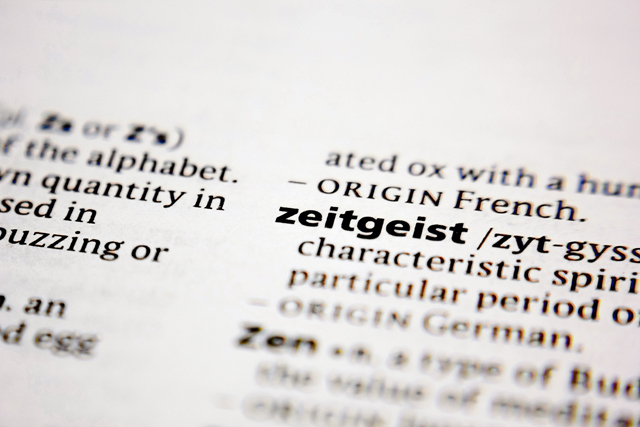
You may have been in the area for a while and have already been able to pick up some German.
On the other hand, you may be brand new to the region, not realizing that numerous German words have found their way into English and are used on a daily basis.
The famous German autobahn, for example, just means a lane for autos and you can easily find yourself in a daily stau at one of the entry points at a military installation every morning. Stau is an abbreviation for “stehende Autos,” meaning standing cars. Maybe you become angry when your car goes kaputt or runs out of diesel, named after Rudolf Diesel, the German inventor of these engines.
You might say gesundheit, which means health, when someone sneezes. You surely went to kindergarten before starting school or enjoyed a refreshment at a biergarten or a fest in the summer.
Achtung means “attention” and the rock group U2 used it to name its album “Achtung Baby.” If something occurs very quickly, the word blitz might be used to describe it, for example as in blitzkrieg. Blitz means lightning and krieg means war in German. Panzer might be more common to talk about tanks in military terminology and an installation in Kaiserslautern east is named Panzer Kaserne.
Who hasn’t tasted typical German sauerkraut, meaning sour cabbage, or had a bite of a bratwurst? A smaller sausage called wiener, after its origin in Vienna is also common, but beware, the exact same sausage is called frankfurter in Austria. There’s nothing softer and saltier than an original German bretzel and during the Middle Ages, a baker could easily find himself in a dungeon if his baked goods didn’t have the required size. Other delicatessen, derived from German and comprised of delikat (delicious) and essen (to eat) may include noodles (from nudel) or soup (from suppe).
In German a hamburger refers to a person from the city of Hamburg, but this German-English name has also found its way into daily German to describe a meat patty between a bun. Pumpernickel is a dark, compressed bread and lager refers to a beer that is stored (lagern) for a long time prior to consumption.
Have you ever tried a shot glass of a distilled beverage with a high alcohol content called schnaps or tasted a spritz mixed with wine? A strudel is a delicious pastry but can also mean a whirlpool effect in bodies of water.
Several dog breeds, such as the dachshund, the schnauzer or the rottweiler have German origins, and even the small furry pet called a hamster is a German word. Sports fans might be fond of abseiling, which literally means descending by means of a rope, while a carabiner is a metal hook, first used climbing rocks or mountains.
If you are far out in the countryside you might be in the hinterland, possibly with a rucksack on your back and enjoying your wanderlust, or love of traveling and experiencing new sights and people.
The word kitsch is used to describe items of low taste or quality. You might feel a bit of angst if you encounter your doppelgänger, a person that looks exactly like you. Some older readers might remember the movie “Poltergeist,” which is derived from poltern, meaning to make loud and scary noises and geist, which is a ghost.
On a more positive note, you might discover that you have a wunderkind, a child with a special talent or full of wonders. The waltz, German version Walzer, is a formal dance and you could meet men in lederhosen dancing next to edelweiss, white flowers common in the Alps, derived from “edel” meaning elegant and “weiss” for the color.
Count Zeppelin of Berlin was the inventor of the large airship and may have inspired a famous rock band to take off like a zeppelin. Your schadenfreude, if you take pleasure from another’s misfortune, may be great, especially if you don’t like the person. The weltschmerz word was coined by German author Jean Paul, indicating the impossible ability of the mind to comprehend our physical reality. The direct German translation is “world pain.”
And, maybe it’s just a zeitgeist, literally “time ghost,” when referring to a trend or overall spirit, that languages mix together over time and speakers use words from other sources to talk about daily things. One humorous anglicization in German is the fact that being able to carry around a mobile phone in your hand may be rather handy, and therefore Germans simply refer to the device as a “Handy.”


